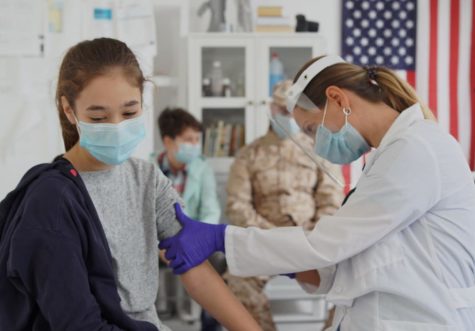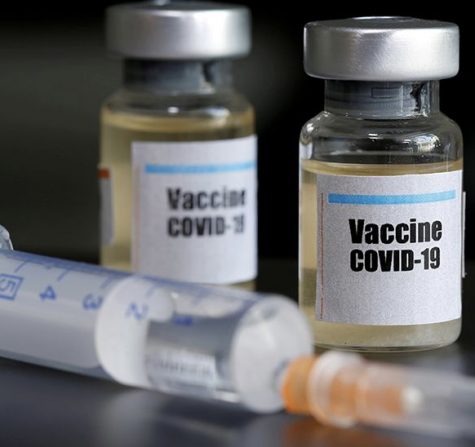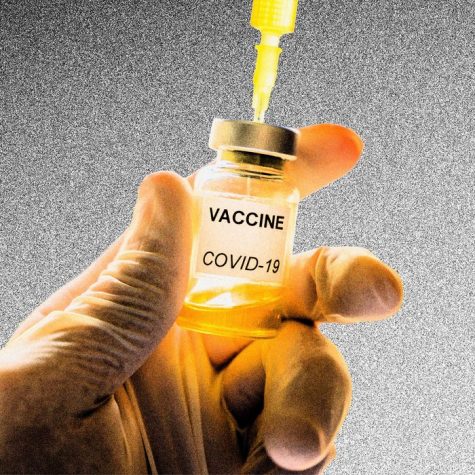How the COVID-19 Epidemic is Saving the Planet
Less pollution due to COVID-19 lockdown results in clearer skies and cleaner water.
May 1, 2020
Over the last six decades, the environment has been in a constant losing battle with industry, whether it is by increasing carbon emissions into the atmosphere, dumping sewage in a nearby river, or simply throwing a plastic bottle overboard into the ocean, these actions have destroyed habitats, eroded air quality and shrunk population numbers within many different organisms.
But for all the death and destruction, COVID-19 has wreaked, there has been a perceived silver lining. The environment seems to have gotten a break, and somewhat bounced back from the harmful pollutants it has been facing.
Since January, there have been about 3.78 million cases of the Coronavirus (at the time of this article), and rising worldwide. Sure, in many people’s eyes this is a very serious issue. And don’t get me wrong it is, however, there are some environmental and even health benefits to it.
With lockdown down in Hubei, China, the lack of movement through transportation and factories being shut down dramatically largely aided in the country’s 25 percent decrease in carbon emissions. As a result, this would allow for better air quality and reduce the chance of health complications such as respiratory issues from excess smog.
In northern Italy, a hotspot hit hard by the coronavirus, lockdowns in the city Venice result in fewer boat travel through the city’s intertwining street canals. This has improved water quality in addition to fish now being visible in the crystal-clear waterways and dolphins visiting near the coast. Overall, carbon emissions in Italy have been reduced by 27 percent.
In South Florida, the lockdown reduced boat traffic in marinas, making the water much clearer and making it easier to spot sea creatures. For instance, one morning Florida resident Scott Ziegler saw two smalltooth sawfish, a highly endangered and rare fish species, swimming side by side in Biscayne Bay.
With all this decrease in vehicle traffic, many animals are able to travel about and go back to habitats that were disrupted by human interference. In Thailand, a group of 50 elephants was seen traveling across a major roadway that otherwise would have been heavily trafficked and polluted by gas-guzzling cars.
The question is, will this decrease in pollution last in order to start saving the environment and reduce the effects of climate change? Or will big industries continue to move on with mass production in a non-environmentally safe way?
As many people are currently forced to work from home and attend online meetings, the energy levels of large corporate buildings and schools could drop by up to 30 percent. If companies stick with these changes or encourage them after the pandemic has subsided, a lot of energy may be conserved. This will reduce the need for energy production from high polluting power plants that negatively affect our ecosystems.
In the wake of this recent environmental “recovery” organizations such as the International Energy Agency, are encouraging governments around the world to continue eco-friendly practices even after the coronavirus is controlled and to include clean energy into economic recovery plans. This will lead to even more environmental benefits while carbon emissions will decrease and will be seen as a step in the right direction to halt further climate change.
With these sudden decreases in pollution and their positive effects, I think some companies will be influenced and start to control their emissions as a way to start saving our ecosystems and improving the health quality of people around the world.
COVID-19 was the first environmental incident that has brought the world to a halt, but it certainly won’t be the last. A virus will ultimately go away in a year or two. But, sea level rises and global temperature increases won’t just be resolved with a cure overnight. They can last for years upon years and will only be fixed if everyone contributes together.












